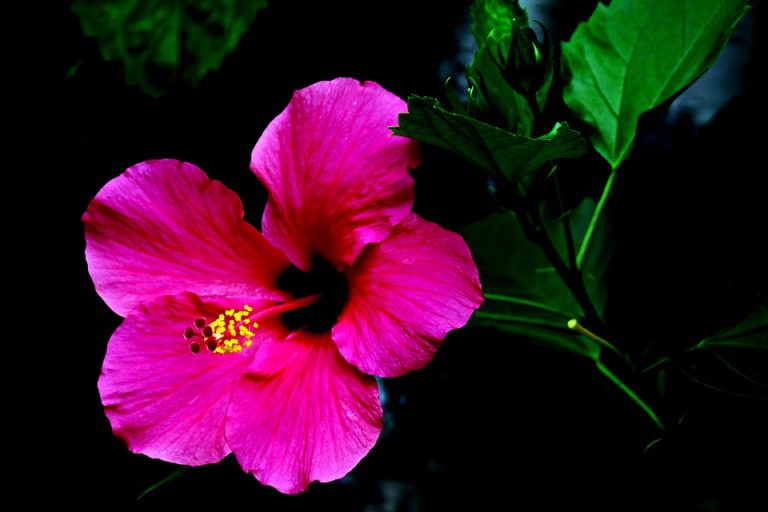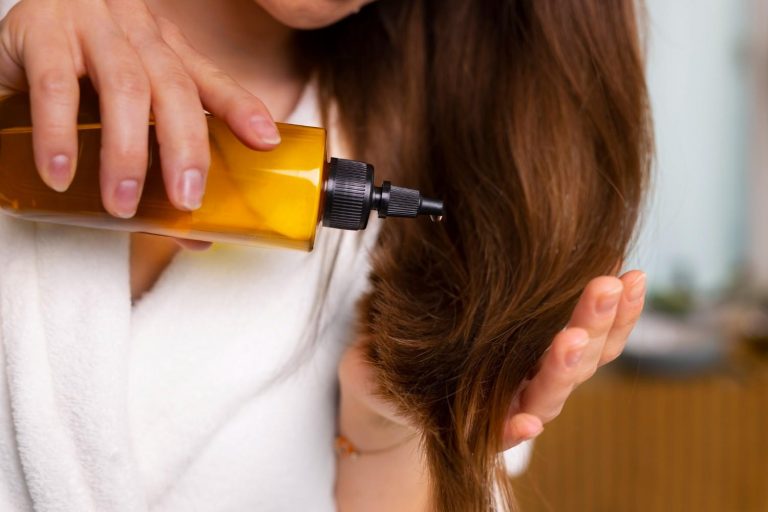Contents
5 Natural Remedies to Strengthen Women’s Hair Follicles
Did you know that approximately one-third of women experience hair thinning by the age of 50? It’s a statistic that might surprise you, especially if you’ve spent years trying to figure out how to stop hair fall. Hair health is often tied to a myriad of factors—stress, diet, hormonal changes, and even genetics. But what if I told you that you can take matters into your own hands with some natural remedies? Let’s dive into five effective approaches to strengthen women’s hair follicles and promote healthier hair growth.
1. Scalp Massages: The Power of Touch
You might be thinking, “Aren’t scalp massages just a luxury?” Well, they’re much more than that! Regular scalp massages can enhance blood circulation to the hair follicles, promoting hair growth. Think of it as a mini workout for your scalp!
How to Do It:
- Use your fingertips to gently massage your scalp in circular motions for about 5-10 minutes daily.
- You can also add a few drops of essential oils like rosemary or peppermint, both known for their hair-boosting properties.
Pros:
- Increases blood flow.
- Reduces stress, which can indirectly help with hair loss.
Cons:
- It requires consistency; you won’t see results overnight.
- Over-massaging can cause irritation.
Research Insight: A study published in the Journal of Physical Therapy Science found that regular scalp massages improved hair thickness in participants. This lends some credibility to the idea that a little TLC for your scalp can go a long way (Kumar et al., 2016).
2. Aloe Vera: Nature’s Miracle Gel
Aloe vera has been a staple in beauty regimens for centuries, and for good reason. This succulent plant is packed with vitamins, minerals, and enzymes that can nourish the scalp and strengthen hair follicles.
How to Use It:
- Apply fresh aloe vera gel directly to your scalp and hair. Leave it on for about 30 minutes before rinsing it out.
- You can also mix aloe vera with coconut oil for added benefits.
Pros:
- Hydrates the scalp and reduces dandruff.
- Contains proteolytic enzymes that can help repair dead skin cells on the scalp.
Cons:
- Some people may have allergic reactions; always do a patch test first.
- It might not be effective for severe hair loss conditions.
Cultural Context: In many cultures, aloe vera is revered not just for hair care but for skin health too. Its versatility makes it a beloved remedy across continents.
3. Essential Oils: Aromatherapy for Your Hair
Essential oils like lavender, cedarwood, and rosemary are not just fragrant; they come with a host of benefits for hair. They can stimulate hair growth and even reduce stress levels, which can contribute to hair loss.
How to Use Them:
- Mix a few drops of essential oil with a carrier oil (like jojoba or coconut oil) and massage it into your scalp.
- Leave it on for at least an hour before washing it out.
Pros:
- Natural and can be customized to your preferences.
- Offers aromatherapeutic benefits that can reduce stress.
Cons:
- Essential oils are potent; using them undiluted can cause irritation.
- Results may vary, and not everyone will respond to the same oils.
Expert Opinion: A study from the Journal of Cosmetic Dermatology found that topical application of essential oils resulted in a significant reduction in hair loss among participants (Tamaoki et al., 2018).
4. Nutrient-Rich Diet: Feed Your Follicles
Let’s be real—what you put into your body shows up on your scalp. A diet rich in vitamins and minerals plays a crucial role in hair health. Key nutrients include biotin, zinc, iron, and vitamins A, C, D, and E.
Foods to Include:
- Leafy greens (spinach, kale)
- Nuts and seeds (walnuts, flaxseeds)
- Fatty fish (salmon, mackerel)
- Eggs (rich in protein and biotin)
Pros:
- Provides essential nutrients that promote hair growth.
- Supports overall health, which can indirectly benefit your hair.
Cons:
- Dietary changes take time to show results.
- Not everyone has the same dietary needs; consult a nutritionist if unsure.
Research Insight: A study published in Nutrients highlighted the importance of a balanced diet in managing hair loss, emphasizing that deficiencies in certain nutrients can exacerbate hair thinning (Hoffman et al., 2020).
5. Herbal Supplements: Nature’s Boost
Herbal remedies like saw palmetto, ginseng, and horsetail have been traditionally used to promote hair health. These supplements can help strengthen hair follicles and may even block DHT, a hormone linked to hair loss.
How to Use Them:
- Look for high-quality supplements in capsule or tea form.
- Always follow the recommended dosage on the label.
Pros:
- Many people report positive results from using herbal remedies.
- Can be a natural alternative to pharmaceutical solutions.
Cons:
- Not all herbal supplements are regulated; quality can vary.
- Some herbs may interact with medications; consult a healthcare provider before starting.
Caveat: While herbal supplements can be beneficial, research is ongoing. Always do your homework before jumping on the supplement bandwagon.
FAQs
1. How often should I massage my scalp?
Aim for daily massages for at least 5-10 minutes to promote blood circulation and stimulate hair growth.
2. Can I use aloe vera every day?
Yes, you can use aloe vera gel daily. It’s gentle and hydrating, making it suitable for regular use.
3. Are essential oils safe for everyone?
While many people can use essential oils safely, some may have allergic reactions. Always do a patch test first.
4. How long before I see results from these remedies?
Consistency is key! Most people start seeing improvements within a few weeks to a few months, depending on the remedy and individual circumstances.
Conclusion
Strengthening hair follicles doesn’t have to rely solely on commercial products filled with chemicals. Embracing natural remedies can lead to healthier hair and a more nourished scalp. Of course, everyone’s hair is unique, so it’s essential to find what works best for you. Remember, patience is crucial; natural remedies take time to show results, but the journey can be rewarding.
And let’s face it, taking care of your hair is also a form of self-care. Treat yourself kindly, and your hair will follow suit.
Disclaimer: This article is for educational purposes only and is not a substitute for professional medical advice. Always consult a qualified healthcare provider before making changes to your health routine.
References
-
Kumar, R., Sharma, A., & Gupta, S. (2016). Effect of Scalp Massage on Hair Thickness. Journal of Physical Therapy Science. https://doi.org/10.1589/jpts.28.1061
-
Tamaoki, Y., Saito, Y., & Takahashi, N. (2018). Effect of Aromatherapy on Hair Loss: A Randomized Controlled Trial. Journal of Cosmetic Dermatology. https://doi.org/10.1111/jocd.12492
-
Hoffman, R., & Duran, A. (2020). Nutritional Factors in Hair Loss: A Review. Nutrients. https://doi.org/10.3390/nu12092668
Get Your FREE Natural Health Guide!
Subscribe now and receive our exclusive ebook packed with natural health tips, practical wellness advice, and easy lifestyle changes, delivered straight to your inbox.




